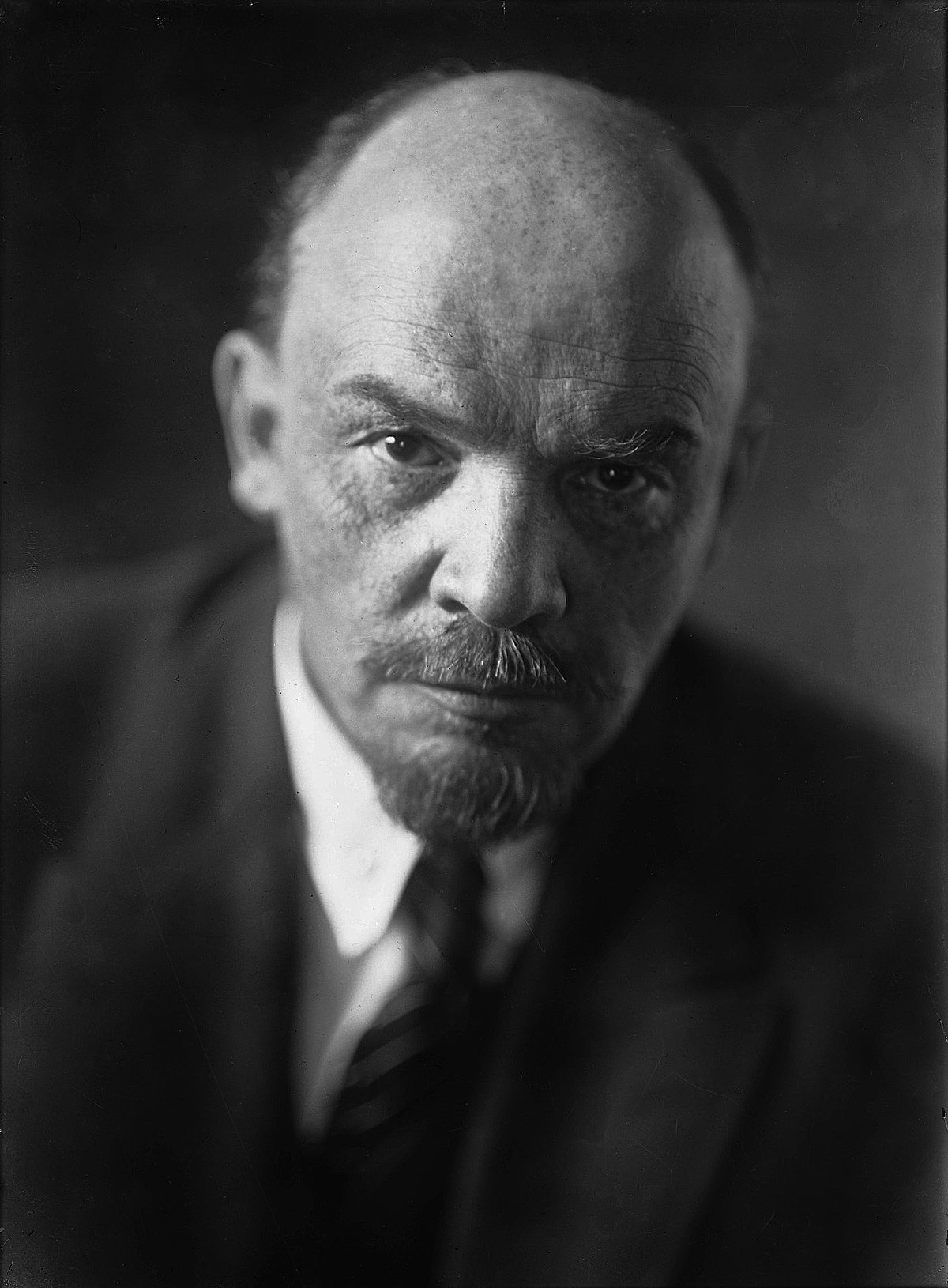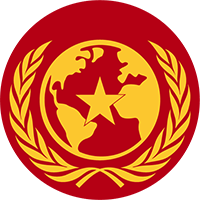More languages
More actions
18 September
- We don't have anything yet on this day, maybe soon! Why not read a random page?
Vladimir Ilyich Lenin Владимир Ильич Ленин | |
|---|---|
 Photo of comrade Lenin | |
| Born | Vladimir Ilyich Ulyanov 22 April 1870 Simbirsk, Russian Empire |
| Died | 21 January 1924 (aged 53) Gorki, Russian SFSR, Soviet Union |
| Nationality | Russian Soviet |
| Political orientation | Marxism (developed what is now known as Marxism–Leninism) |
| Political party | Russian Social Democratic Labor Party |
Vladimir Ilyich Ulyanov[a] (22 April 1870 — 21 January 1924), better known as Vladimir Lenin, was a Russian revolutionary leader, political and economic theorist, philosopher and statesman. He was the main leader of the October Revolution, which led to the establishment of the Union of Soviet Socialist Republics, the first workers' and peasants' state.
Lenin's main contribution to Marxist theory was his theory of imperialism, the domination of monopolies and cartels. In many of his works, he also contributed greatly to the development of a Marxist praxis, the strategy and tactics of the revolution, the Marxist theory of state, and the structuring of a proletarian organization through democratic centralism.
Lenin's political and theoretical activity, his writings of the 1890s and the beginning of the 20th century, his resolute struggle against opportunism and revisionist attempts to distort Marxist theory, and his struggle for the creation of a revolutionary political party is considered the Leninist contribution to Marxism, now commonly referred to as Marxism–Leninism.
← Back to all essays | Author's essays The Motive Force Behind Nuclear Development and Isolation in the DPRK
by Robinn
Published: 2023-09-13 (last update: 2024-09-18)
1-10 minutes
Last 7 days (Top 10) |
|||||||||||||||||||||||||||||||||||||||||||||||||||||||||||||||||||||||||||||||||||||||||||
|
|||||||||||||||||||||||||||||||||||||||||||||||||||||||||||||||||||||||||||||||||||||||||||
Lemmy etc
Cite error: <ref> tags exist for a group named "lower-alpha", but no corresponding <references group="lower-alpha"/> tag was found


